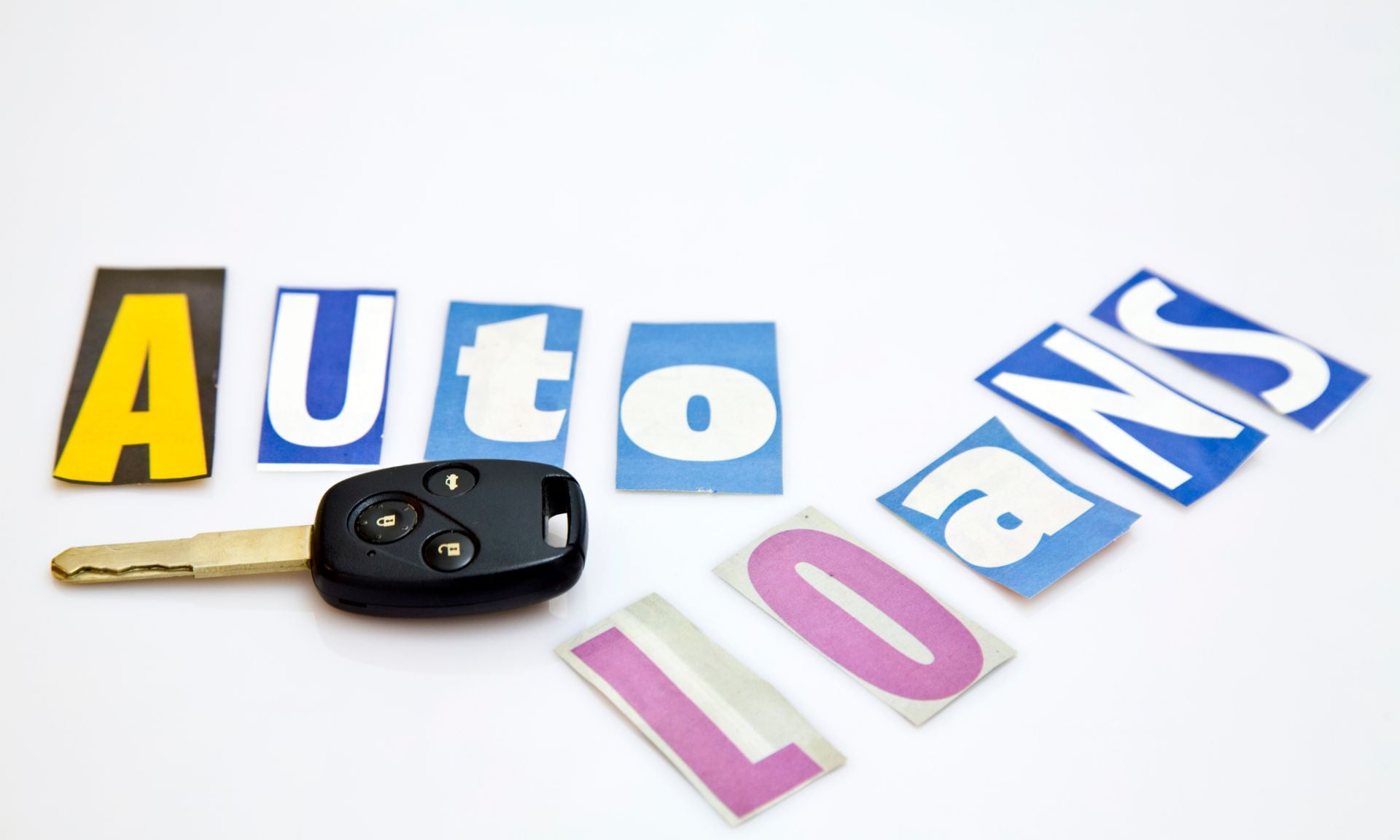When it’s time to finance your next car purchase, you have several options for where to get a car loan. Evaluating the pros and cons of dealerships, banks, credit unions, and online lenders can help you make the right choice.
Types of Auto Lenders to Consider

Here is an overview of the main places you can get financing for your next car or truck:
Dealerships
Dealer-Arranged Financing
Most dealerships have partnerships with lenders and can easily set you up with financing through their network. This adds convenience to the car buying process. However, interest rates may be higher than other lenders.
Pros
- One-stop process for purchasing and financing
- Access to promotional rates
Cons
- Higher interest rates
- Less flexibility to negotiate rates
READ ALSO: How to Get the Best Auto Loan Rate and Save Thousands
Buy Here Pay Here
Some used car dealers directly finance vehicles for subprime borrowers. But interest rates are usually exorbitantly high and cars may have shut-off devices installed.
Pros
- Approve buyers with poor credit
- In-house financing process
Cons
- Very high APRs and fees
- Vehicle disabling devices
Banks
Large banks can offer competitive rates and higher loan amounts, especially for customers with existing accounts. However, approval requirements tend to be stricter.
Pros
- Lower rates for qualified buyers
- Ability to finance higher amounts
Cons
- Strict eligibility requirements
- Best rates reserved for account holders
Credit Unions
As nonprofit organizations, credit unions pass earnings to members in the form of lower rates. However, you must become a member to qualify for lending.
Pros
- Low rates and fees
- Personalized member service
Cons
- Membership is required
- Online services may be lacking
Online Lenders
Online lenders provide very fast financing approval and funding completely online. But interest rates may be higher than banks or credit unions.
Pros
- Super fast funding times
- Easy online application process
Cons
- Higher interest rates
- Impersonal customer service
READ ALSO: Auto Loan Refinancing: A Comprehensive Guide
How to Find the Best Auto Loan
With many options for financing, here are some tips on finding your best auto loan:
- Check your credit score so you know the rates you’ll qualify for
- Get preapproved to compare multiple lender offers side-by-side
- Ask lenders about prepayment penalties and how extra payments are applied
- Read all loan terms carefully and ask questions before signing anything
Additionally, calculators that estimate monthly payments based on various loan amounts, rates, and terms are very useful when rate shopping.
Opting for the shortest loan term you are comfortable with also minimizes interest paid over the life of the loan.
To Recap
Finding the best place to finance your next auto purchase requires checking interest rates from multiple sources like banks, dealers, and credit unions. Strong credit scores unlock the most competitive loan offers and terms. Be sure to calculate total financing costs for any loan under consideration, not just the monthly payments or APR.
Carefully weigh the pros and cons highlighted here when deciding where to get your next car loan. Getting preapproved and having options makes it easier to secure favorable financing terms so you can focus on picking out the perfect new or used car.
Frequently Asked Questions About Auto Loans
Which auto lenders offer the lowest interest rates?
On average, credit unions offer the lowest auto loan interest rates, followed by banks and then dealership financing. Online lenders tend to be on the higher end. However, each lender is different, so getting multiple rate quotes is key.
How does my credit score impact the loan terms I qualify for?
In most cases, the higher your credit score, the lower the rate lenders will offer. Subprime lenders cater to borrowers with scores below 580, but charge much higher rates and fees. Improving your credit beforehand results in the best offers.
Is it bad to get financing from the dealership?
Dealership financing carries higher interest rates on average but can be more convenient. Having a preapproval from your bank or credit union before negotiating can give you bargaining power to still secure a good dealer-backed loan.
Can I get a car loan with bad credit and no down payment?
While possible, it is extremely expensive to finance a $0 down car loan with bad credit. Interest rates easily exceed 20% APR and total loan costs end up outrageously high. Save up a down payment first or work on improving your credit to access better auto financing options.
How important is the length of the loan term when financing a car?
The longer your loan term, the lower your monthly payment – but the more interest you pay overall. Aim for the shortest comfortable term, which also helps you build equity faster and prevents being upside-down on car loans. Terms over 6 years significantly increase interest costs.
What fees should I look out for with auto loans?
Watch out for origination fees, documentation fees, and prepayment penalties when reviewing loan offers. Ask lenders to explain any fees that seem excessive or unwarranted and negotiate to have them removed whenever possible.
In another related article, Auto Insurance Rates By State in 2023: A Comprehensive Analysis




